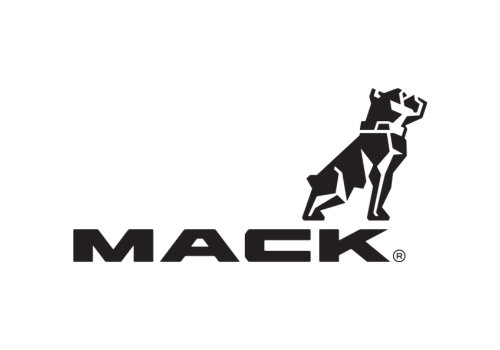For many small and mid‑size contractors, the word “technology” conjures images of high‑cost systems, steep training curves and hardware you can only buy with a large enterprise budget. But in 2025 and heading into 2026, the reality is shifting. Digital tools are becoming more affordable, more targeted and increasingly essential to staying competitive. Technology can help deliver smarter workflows and faster project delivery.
WHY NOW IS THE TIME TO ACT
The construction software and digital‑tool market is growing rapidly. A recent market forecast shows the global construction software market moving from about $4 billion in 2024 to $7 billion in 2029, underscoring expanding demand even among smaller firms.
Most construction leaders know that digital tools are needed to boost productivity; they just don’t know where to start.
A recent survey reveals that 65% of construction leaders say their companies have not yet adopted AI or predictive analytics for project planning. This allows time for mid‑scale contractors to get ahead of the pack.
TECH TIERS THAT FIT SMALLER BUDGETS
Rather than trying to “go big” immediately, break technology adoption into three practical tiers.
Tier 1: Lean & Ready
For minimal investment, start with cloud‑based project management, mobile field apps, digital time‑cards and photo documentation. According to a small‑business tech trends report, firms using digital tools across eight or more operational areas saw stronger productivity and revenue growth.
Tier 2: Smart Investment
Once you have the basics, consider tools like drones for job‑site surveys, BIM or VDC capabilities for your trade or sensor‑based equipment tracking. These investments pay off via fewer re‑works, shorter mobilizations and better data flow. This technology is becoming realistic for smaller firms to easily adopt.
Tier 3: Competitive Differentiators
For contractors ready to step up, tools like AI‑analytics for productivity, remote monitoring of equipment modular pre‑fabrication tracking or digital twin software make the difference. A construction tech landscape report found that AI‑powered systems in construction are delivering 15% productivity gains and 60% reductions in rework.
OVERCOMING BARRIERS THAT SMALLER FIRMS FACE
Even when tools get cheaper and more accessible, challenges remain. Contractors of all sizes need a formal technology roadmap to understand what technology is worth the investment.
Here are four areas to consider:
• Budget & Cash Flow: Pick a single workflow to digitize, measure its impact, then scale.
• Workforce Adoption: Training and buy‑in matter more than the tool.
• Workflow Integration: Don’t just add the tool, integrate it with your scheduling, field communication and bidding.
• Data & ROI Tracking: Collect baseline metrics like how much time is lost, how many re‑works, how many manual reports, then compare after tech adoption.
A 6‑12-month action plan for small contractors:
1. Audit your workflows. List the top two manual/time‑wasting tasks across your operations (examples: field reports, progress photos, equipment checks).
2. Choose a pilot project. Pick one slightly smaller job where you’ll test a tool (for example mobile photo‑recording + cloud reporting).
3. Train your field team. Invest in one day of training early; emphasize ease of use and time saved.
4. Measure the impact. After the job, compare metrics: time saved, communication issues, rework, issue resolution time.
5. Scale. If results are positive, rollout to additional jobs/trades and regions.
6. Cultural reinforcement. In crew‑meetings, highlight time‑savings and improved outcomes. Celebrate the wins.
WHY SMALLER FIRMS SHOULD MOVE NOW FOR 2026
By 2026, tech adoption is likely to be a minimum expectation, not just a competitive edge. Tools will be required for real‑time reporting, field data capture and analytics-driven scheduling. Mid‑size contractors that act early will avoid the “catching up” phase others will face. Early adopters of digital tools will outperform those who wait and reap the benefits.
Connect with leaders in the industry about the unique needs of small business owners at CONEXPO-CON/AGG 2026 during the one-day Small Business Workshop.
Photo credit: SHUTTERSTOCK/IRENE MILLER












